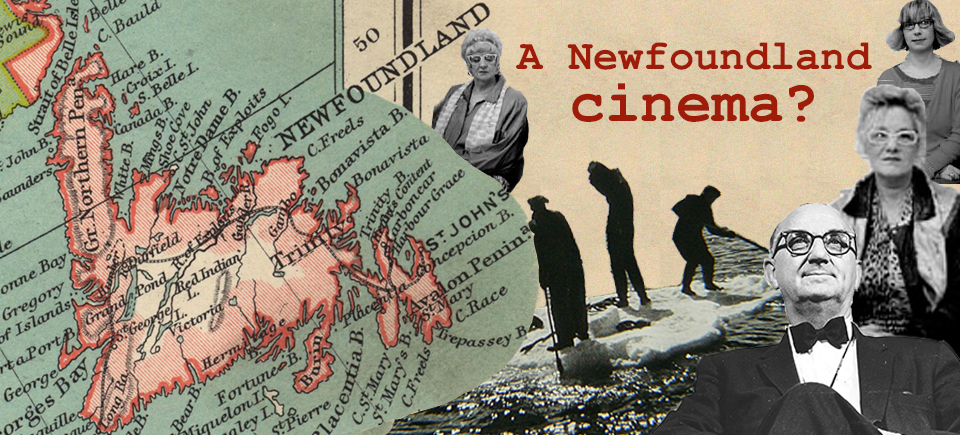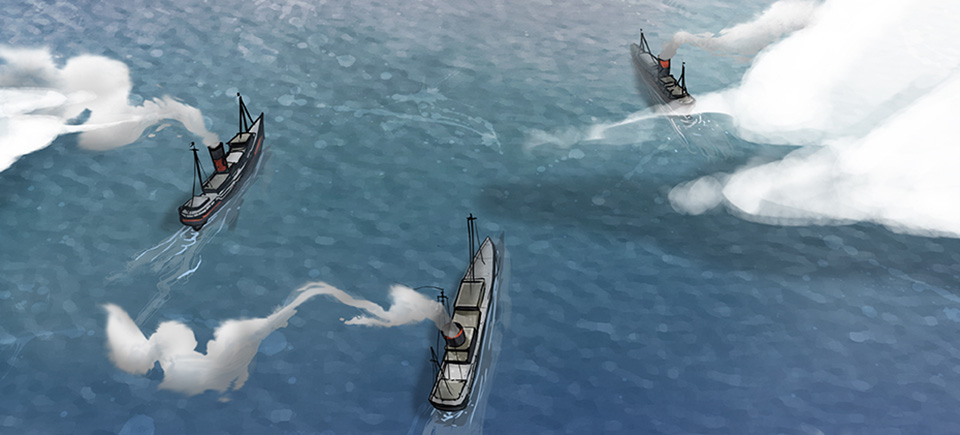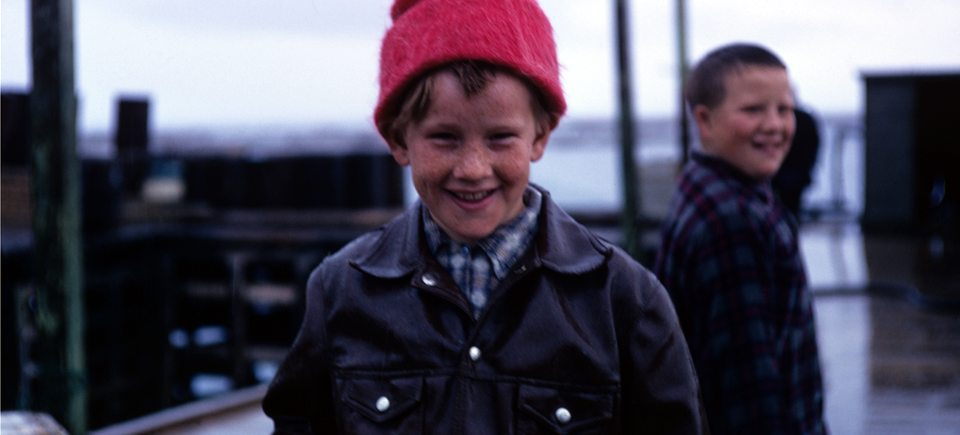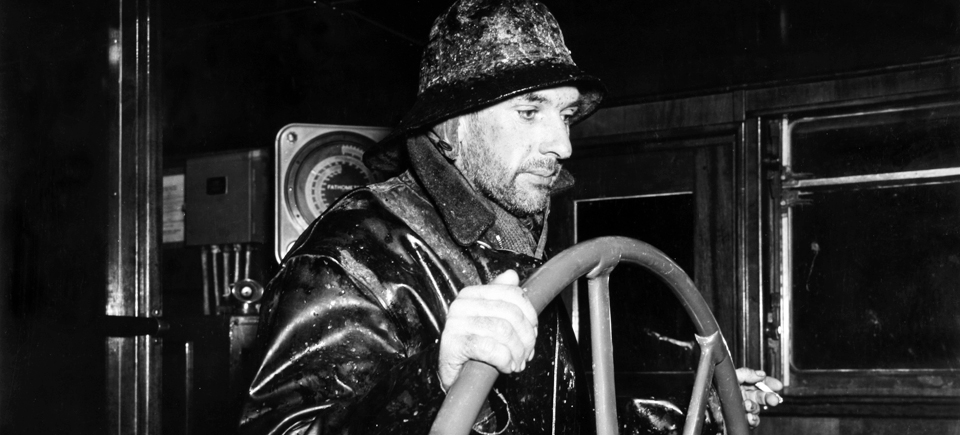This is part one of a two-part post. We’ll be following up in the coming weeks with a post on filmmaking in Labrador.
Let’s be clear: as a Canadian province, Newfoundland is young. Heck, my mom (hi mom!) doesn’t even qualify as a ‘True Newfoundlander,’ that is someone born before Confederation (more on that below). All to say, Newfoundland is a place with history, and lots of it.
So in the same way that Canada saw the need to produce its own cinema as a way of resisting assimilation by its neighbour to the south (hello birth of the NFB), Newfoundlanders felt compelled to tell their own big screen stories.
Now let’s be fair, cinema existed in Newfoundland very early on. Consider the 1931 film The Viking, famous for being the first feature in what is now Canada to record location sound, its jaw-dropping scenes on the ice pans of the North Atlantic, and the small detail that most of the film’s crew—including producer Varick Frisell—died in an explosion during filming. Victoria King’s White Thunder explores this fascinating story — it’s worth the watch:
White Thunder, Victoria King, provided by the National Film Board of Canada
Also dear to me are the deservedly famous Fogo Island films made by the NFB and Memorial University through the Challenge for Change program. Shot at the same time the world came to Expo 67, these short films helped give a sense of self to Fogo Island residents through innovative uses of new documentary technology and a respectful two-way relationship with the filmmakers. They’re made to be discussed, and I remember sitting in an audience, listening to Fogo Islanders recognizing their friends, family members, and neighbours, shot years ago but still vitally energetic on the screen.
A Woman’s Place, Colin Low, provided by the National Film Board of Canada
But films like these, incredible in their exploration of Newfoundland’s people and landscapes, are still outside eyes. A Newfoundland cinema with the island’s own directors telling their own stories is, as they say, another kettle of fish.
So I asked my friend Justin Simms, director of the quietly sublime Hard Light and half of the directing team behind the political biopic Danny, about the first time he saw an onscreen vision of Newfoundland he could relate to:
“I think it would have been The Bingo Robbers. The first time I saw an NL feature that was set in the world I knew – which is to say completely contemporary. It had an urban, gritty feel to it. […] I remember seeing it for the first time and at the end suddenly feeling good about my life choices. Not many films can do that.”
It’s no surprise then that filmmakers look to confront Newfoundland’s history with their own lived experience.
A favorite of mine is Anne Troake’s beautiful and intensely personal My Ancestors Were Rogues and Murderers, where she takes on critics of NL’s seal hunt – famously attacked over the years by Greenpeace, Sir Paul McCartney, Brigitte Bardot, and others, though finding some support from high-profile chefs like Anthony Bourdain – through a moving portrait of her family and their place in relation to the rest of the world.
My Ancestors Were Rogues and Murderers , Anne Troake, provided by the National Film Board of Canada
Additionally, Tamara Segura’s Song for Cuba explores what it’s like arriving in Newfoundland from a very different island. Many Newfoundlanders (yours truly included, though I’ve since moved provinces – another common story) have settled there from away. Segura shows us that process of arrival tenderly.
Song for Cuba, Tamara Segura, provided by the National Film Board of Canada
Still, many narratives return to the great debate of Confederation, Newfoundland’s version of a Creation myth with Joey Smallwood parting the waters of the Gulf of St. Lawrence or tempting us out of Eden, depending on who you ask. Smallwood and his wake loom cinematic in Newfoundland, from Michael Rubbo’s politically existential Waiting for Fidel (not a Newfoundland filmmaker but too good to not mention) to Mike Jones’ politically absurd Secret Nation.
Waiting for Fidel, Michael Rubbo, provided by the National Film Board of Canada
Indeed, humour (the blacker the better) is at the heart of a lot of our cinema. Or, as Newfoundland’s favorite Everyman, Andy Jones says in the film Danny, discussing his role as a founder of the ground-breaking comedy troupe CODCO, “early on, we had the knowledge that it was important to make fun of ourselves.”
In other words, to do so before anyone else did.





Thanks for this blog. Very interesting links. I think the dynamic of how “the regions” represent themselves – and get represented – in our culture is very interesting.
Thanks for this, concise and to the point. I look forward to the second blog entry. You might include a bit about our Film Festivals!
Thanks Scott! From Docs on the Bay to the Nickel to the Women’s Film Fest, there are indeed some great festivals in NL.
Great blog…thoroughly enjoyed the commentary and links to the films. Looking forward to part two.